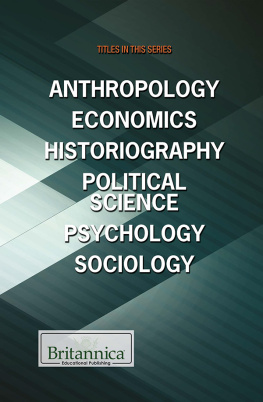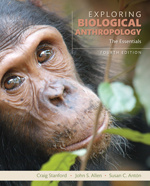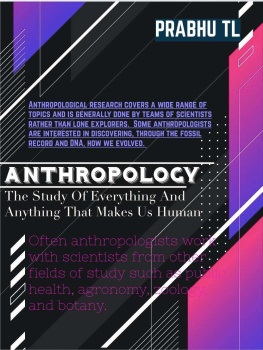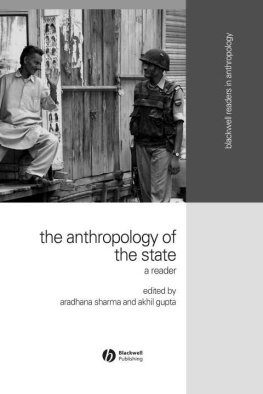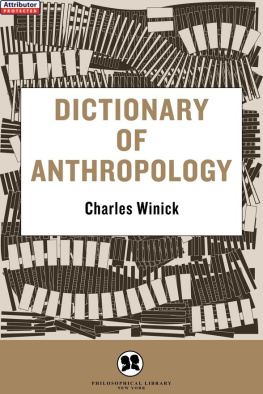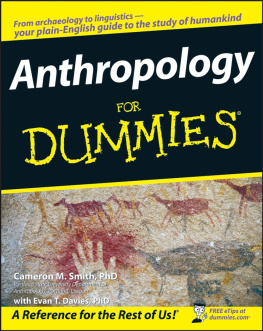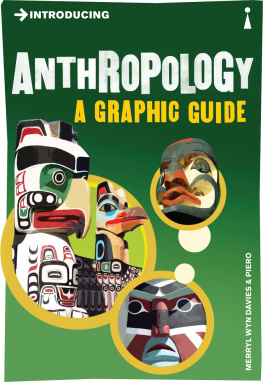University of California Press, one of the most distinguished university presses in the United States, enriches lives around the world by advancing scholarship in the humanities, social sciences, and natural sciences. Its activities are supported by the UC Press Foundation and by philanthropic contributions from individuals and institutions. For more information, visit www.ucpress.edu.
University of California Press
Oakland, California
2018 by Stuart Kirsch
Library of Congress Cataloging-in-Publication Data
Names: Kirsch, Stuart, author.
Title: Engaged anthropology : politics beyond the text / Stuart Kirsch.
Description: Oakland, California : University of California Press, [2018] | Includes bibliographical references and index.
Identifiers: LCCN 2017044672 (print) | LCCN 2017048855 (ebook) | ISBN 9780520970090 (e-edition) | ISBN 9780520297944 (cloth) | ISBN 9780520297951 (pbk.)
Subjects: LCSH : Public anthropologyPapua New Guinea. | Indigenous peoplesLand tenurePapua New Guinea. | Indigenous peoplesLegal status, laws, etc.Papua New Guinea. | Mineral industriesEnvironmental aspectsPapua New Guinea.
Classification: LCC GN 671. N 5 (ebook) | LCC GN 671. N 5 K 58 2018 (print) | DDC 323.11dc23
LC record available at https://lccn.loc.gov/2017044672
27 26 25 24 23 22 21 20 19 18
10 9 8 7 6 5 4 3 2 1
ACKNOWLEDGMENTS
A project like thisspanning decades, continents, islands, and oceanswould not have been possible without the support of many individuals and organizations. I reiterate my appreciation to all the people with whom I collaborated on the Ok Tedi case (see Kirsch 2006, 2014). I am grateful for the insight and assistance of the West Papuan political leaders John Rumbiak and Octovianus Mote, as well as the trust of the refugees living in Papua New Guinea. Rosa Moiwend made my visit to Jayapura and Biak in 2014 possible with her guidance, introductions, and translations. My research on the integrated conservation and development project in the Lakekamu River basin in 1994 was facilitated by Bruce Beehler and Cosmas Makamet. I am grateful to the late chief John Salea for his help during my research in Solomon Islands in 199899, to Marita Foley and Nick-Styant Browne of Slater and Gordon, and to Dorothy Wickham for sharing her knowledge of the area. I am indebted to Peter Iroga of the Solomon Star for facilitating my archival research in Honiara in 2014, and the former Anglican Bishop of Malaita, Terry Brown, for introducing me to Peter. Bill Graham, the public advocate for the Marshall Islands Nuclear Claims Tribunal, was responsible for my involvement, along with Holly Barker and Barbara Rose Johnston, in the initial phase of the Rongelap case in 1999. Fergus Mackay of the Forest Peoples Programme invited me to contribute affidavits to the Inter-American Commission on and Court of Human Rights, for which I relied on the guidance of Carla Madsian in Suriname in 2009 and Laura George and David James in Guyana in 2014. I also thank the captains and toshaos of the communities I visited.
The manuscript for this book was drafted while I was a visiting fellow at the Kellogg Institute for International Studies at the University of Notre Dame in fall 2016. I am grateful for this opportunity and convey my appreciation to the director, Paolo Carozza, as well as Denise Wright, the Kellogg staff, and the other postdoctoral fellows. The Center for Southeast Asian Studies at the University of Michigan supported my attendance at meetings on West Papua in New York City and Washington, DC, in 2011, and my visit to West Papua, Indonesia, in 2014. The Office of the Vice President for Research, the College of Literature, Science, and the Arts, and the Department of Anthropology at the University of Michigan funded archival research in Solomon Islands in 2014 and my attendance at hearings of the Inter-American Court of Human Rights in San Jos, Costa Rica, in 2015. My work in Guyana and Suriname was supported by the Forest Peoples Programme, the Association of Indigenous Village Leaders in Suriname, and the Amerindian Peoples Association of Guyana. The Deans Office at Mount Holyoke College and Conservation International funded my research in the Lakekamu River basin in Papua New Guinea. The project in the Marshall Islands was commissioned by the Public Advocates Office of the Nuclear Claims Tribunal. Work on the Ok Tedi case and the Gold Ridge lawsuit was supported by Slater and Gordon in Melbourne, Australia. Additional funding for research in Papua New Guinea was previously acknowledged in Reverse Anthropology (Kirsch 2006, xixii) and Mining Capitalism (Kirsch 2014, xi).
Chapter 1 includes passages from Is Ok Tedi a Precedent? Implications of the Settlement, in The Ok Tedi Settlement, edited by Glenn Banks and Chris Ballard (ANU Press, 1997); Anthropology and Advocacy, which appeared in Critique of Anthropology in 2002; and Indigenous Movements and the Risks of Counterglobalization, published in American Ethnologist in 2007. Chapter 3 incorporates material from Regional Dynamics and Conservation in Papua New Guinea, published in The Contemporary Pacific in 1997; and Social History of the Lakekamu River Basin, in A Biological Assessment of the Lakekamu Basin, Papua New Guinea, edited by Andrew L. Mack (Conservation International, 1998). Chapter 5 draws extensively from Lost Worlds: Environmental Disaster, Culture Loss, and the Law, published in Current Anthropology in 2001. Chapter 6 includes a commentary on Science, Property, and Kinship in Repatriation Debates, which first appeared in Museum Anthropology in 2011.
This project has benefited from questions and feedback received when I presented portions of the text at Bennington College, Bowdoin College, the British Museum, Central European University in Budapest, el Centro de Investigaciones y Estudios Superiores en Antropologa Social in Mexico City, Emory University, the Hans Arnold Center in Berlin, the University of Heidelberg, Ostello di Indemini in Switzerland, the University of Kent at Canterbury, the University of Manchester, McGill University, Memorial University of Newfoundland in St. Johns, the University of Michigan, Michigan State University, the University of Notre Dame, the University of Oslo, Princeton University, Universidad del Rosario in Bogot, Rutgers University, the University of Sussex, the University of Toronto, Trinity College in Connecticut, the University of Troms in Norway, Schloss berstorf in Switzerland, and Yale University.
I am also grateful to the following individuals for their comments on various chapters: David Akin, Doc Billingsley, Cat Bolten, Ramstad Jorun Brk, Paolo Carozza, Rosalva Ada Hernndez Castillo, Chip Colwell, Courtney Cottrell, Bill Donner, Julia Eckert, Kelly Fayard, Gillian Feeley-Harnik, Dario Gaggio, Ilana Gershon, Diana Glazebrook, Budi Hernawan, Eleanor King, Tina Lee, Chris Loperena, Debra MacDougall, Fergus MacKay, Keir Martin, Mike McGovern, Mariana Mora, Regev Nathansohn, Danilyn Rutherford, Warner Schiffauer, Sarah Swanz, Margaret Triyana, Holly Wardlow, and Jessica Worl. Mike Wood generously commented on the manuscript, although, like the other individuals and organizations mentioned here, he cannot be held accountable for its shortcomings. The project also benefited from conversations with and suggestions from Chris Ball, David Bond, Ben Burt, Beth Conklin, Catherine Coumans, Jatin Dua, Steve Feld, Daniel Goldstein, Dorothy Hodgson, Huatse Huazejia, Bruce Knauft, Andrew Lattas, Clive Moore, Lynn Morgan, Ron Niezen, Steve Nugent, Tony Oliver-Smith, Davide Orsini, Alcida Ramos, Elisha Renne, Olivia Serdeczny, Andrew Shryock, Karen Sykes, Jim Trostle, and Ximena Warnaars. Discussions with members of the interdisciplinary workshop Ethnography-as-Activism, funded by the Rackham School of Graduate Studies at the University of Michigan, and with the students in my seminars on engaged anthropology and the anthropology of property at the University of Michigan and the University of Troms influenced the final argument.


